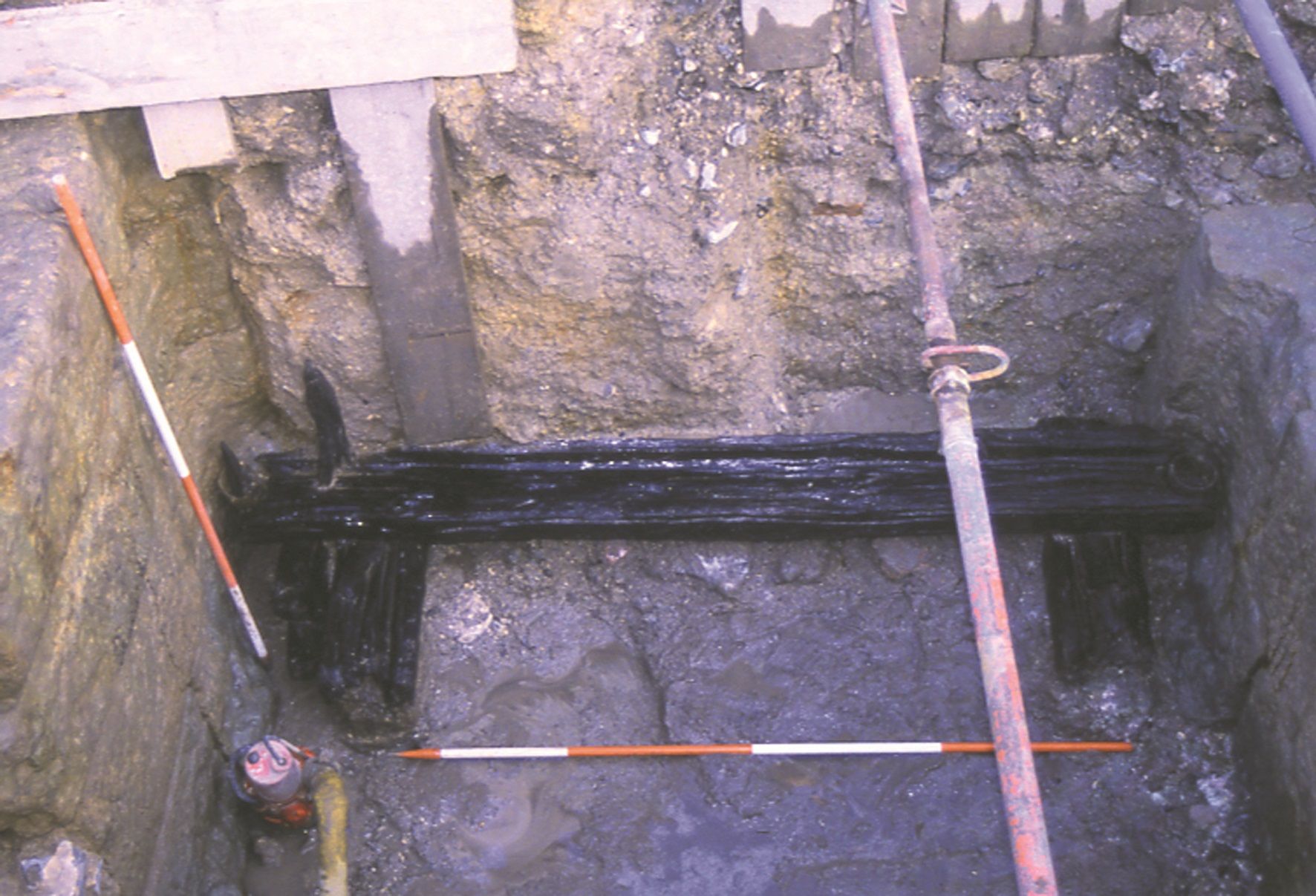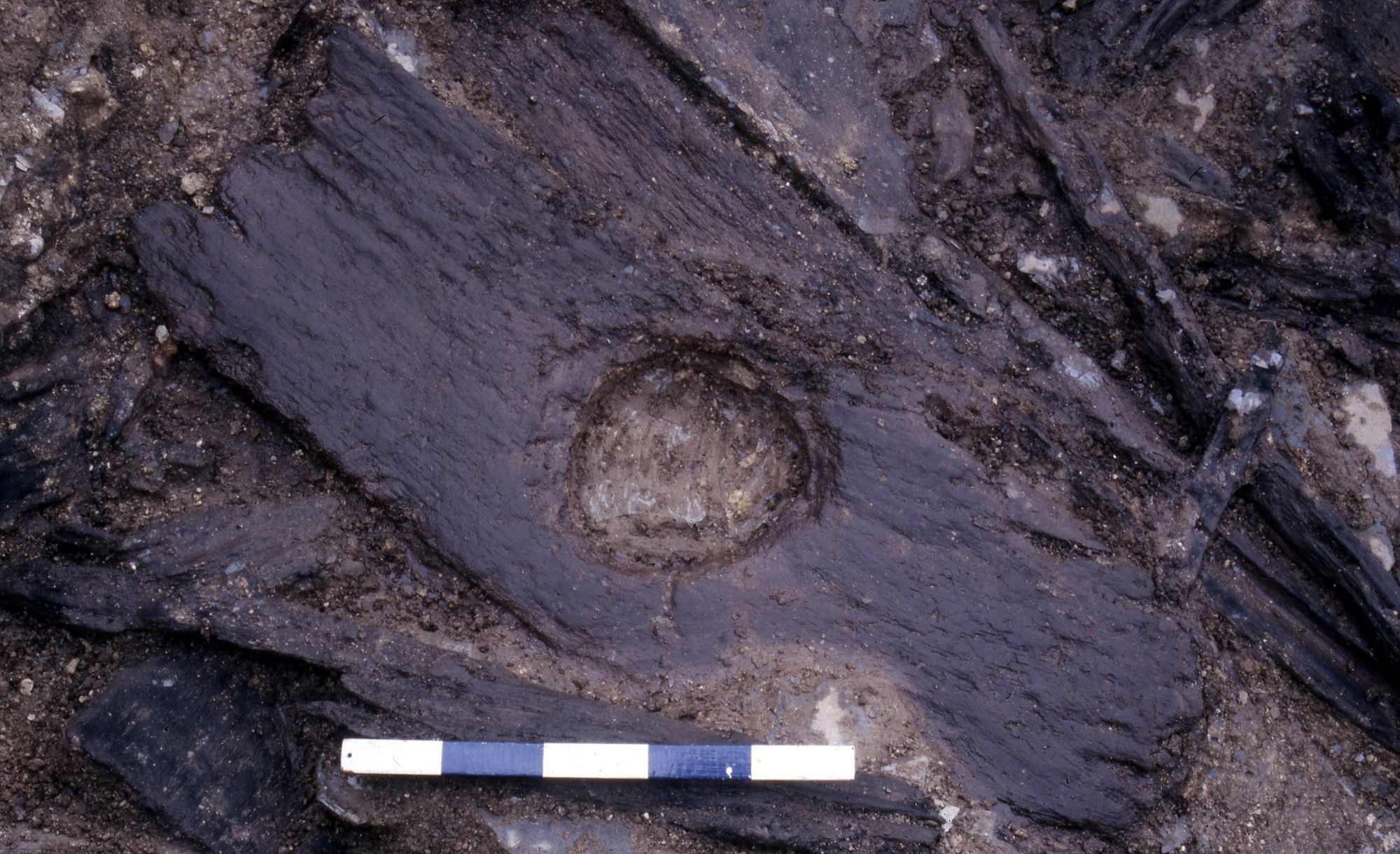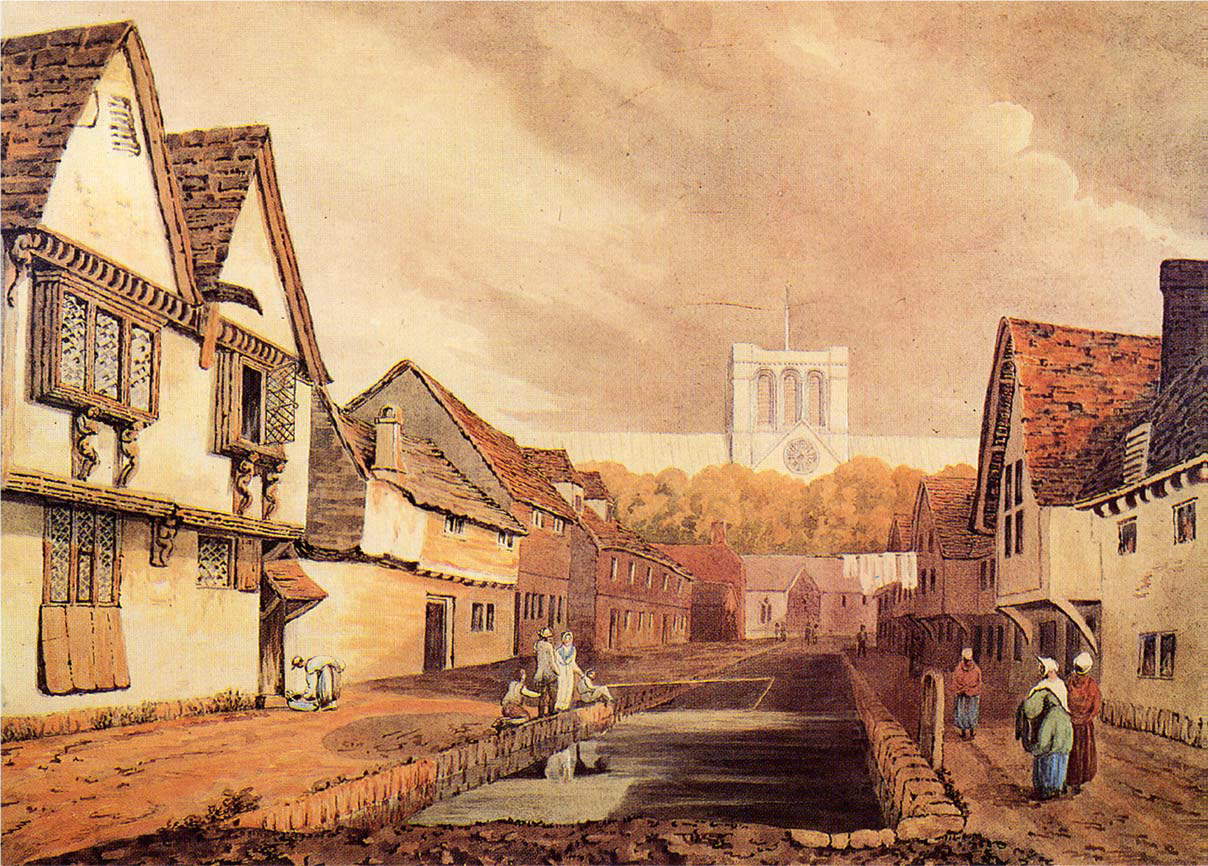The story of how a row between two neighbours in the back streets of medieval Winchester resulted in an international legal obligation; an obligation for the free access to fresh, flowing water for billions of people round the world.
Winchester has three streets whose names give away the presence of the city’s hidden waterways – the Upper, Middle and Lower Brook Streets. These brooks, running parallel to the river, were first channelled by the Romans when they established the town in the 70s AD.

After the end of the Roman period, around 400 AD, this drainage system began to break down and the town lay abandoned for at least 200 years before the founding of the Saxon settlement. By the Middle Ages, the brooks had been channelled in open streams down the centre of the streets that bear their name.
In 1299, a row broke out between two residents of Upper Brook Street. The Mayor and MP of Winchester, John de Tytyng, had blocked off the supply of water to a local washerwoman named Juliana, preventing her from scouring her clothes, thread and yarn in the Upper Brook.

Juliana sought a writ from the King, Edward I, to restore her water supply. He appointed a commission of local residents and based on their findings (that his ruling delivered in the Great Hall in September 1299) declared that “water has always been common”.
The King attached a number of regulations to the commission’s report, elevating the findings from Common Law to Statute Law. These outlawed the contamination of the local water supply by dyers, tanners, butchers, human blood from barber shops and surgeons, and raw sewage.
The significance of this ruling and the role Juliana played in securing it was recognised at the time. She was now ‘Juliana de la Floude’, Juliana of the Water.

The ruling, later known as the Concordance de Julian, which included the statement that ‘water has always been common’, has been enshrined in the United Nations Convention of Human Rights.
Today it provides a legal basis for securing access to fresh flowing water for billions of people round the world.
Not a bad outcome from what began as a row between a local MP and a washerwoman on a back street of medieval Winchester!
If you have enjoyed Culture on Call and you are able to make a donation, please click the link below. Any support you can give will help us keep communities connected to culture in these difficult times.





